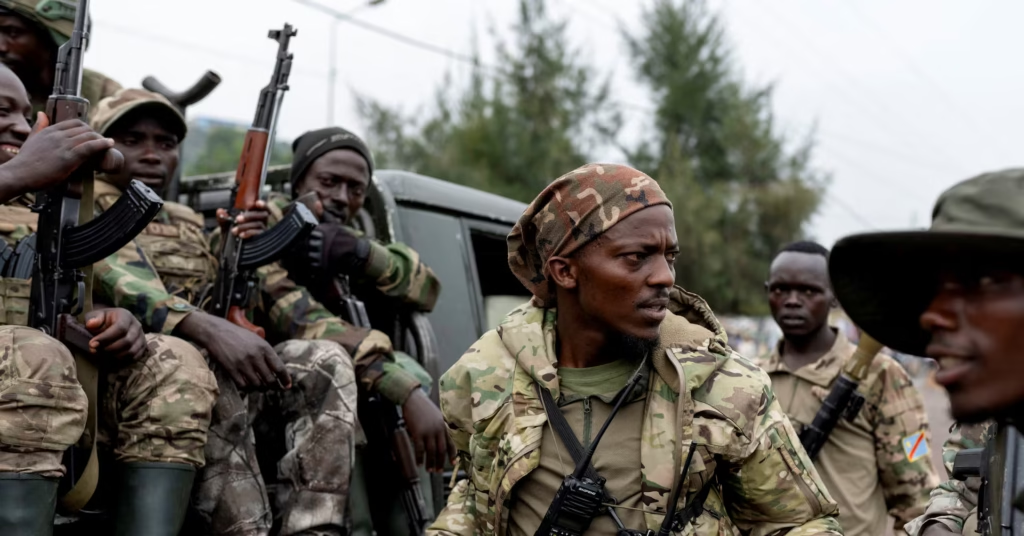
The M23 rebel group has suspended peace talks with the Congolese government, accusing authorities of violating a recently signed ceasefire agreement. The move threatens to derail renewed efforts to end years of conflict in the country’s mineral-rich east.
The rebels and the government signed a ceasefire in Qatar last month, intended as a stepping stone toward a permanent peace settlement. But as negotiations were due to resume this week, the M23 announced that its delegation would not return to Qatar.
M23 spokesperson Lawrence Kanyuka told the BBC’s Great Lakes service that Kinshasa “doesn’t want peace,” accusing government forces of continuing to attack rebel positions despite the agreement’s provisions.
The Congolese military has denied the accusations, instead blaming the M23 for carrying out near-daily assaults in North and South Kivu provinces.
A draft agreement was expected to be finalized by Monday, according to Qatari officials who mediated the talks. The deal runs alongside a separate peace accord between DR Congo and Rwanda, brokered by the United States in June.
That agreement was hailed by then-President Donald Trump as a “glorious triumph” and could pave the way for U.S. access to Congo’s vast mineral resources. Yet, like previous accords, it risks being undermined by mistrust and continued fighting.
Kinshasa, the United Nations, and several Western governments have repeatedly accused Rwanda of backing the M23. Rwanda has consistently denied the claims, even while participating in U.S.-led negotiations.
The UN reports that the conflict has claimed thousands of lives and displaced hundreds of thousands of civilians. With the collapse of the latest round of talks, aid agencies warn that humanitarian needs will deepen in a region already struggling with insecurity and mass displacement.